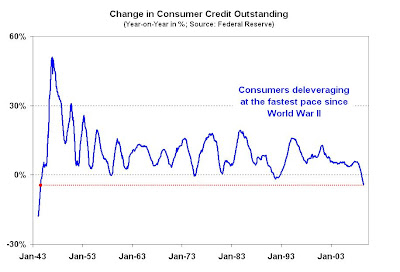Hola! or La Prensa Rosa

“I moved back after five years, and nothing had changed. It was like re-discovering old friends.” The two French women and I were talking about the Spanish magazine “Hola” and the cast of characters that regularly grace its pages. In Spain, these people are called “Los Famosos.” Outside of Spain, with two or three exceptions, nobody has heard of them. The fact that three foreign women living in Spain, with respectable educations and otherwise challenging intellectual preoccupations and jobs had become aficionados of Hola! was intriguing, to say the least. My Spanish mother-in-law explains it this way—“It’s a mental vacation. I can read the same article a second time and not even realize I’ve read it before.” Hola! was started in Barcelona, in the 1940s to focus on “la espuma de la vida”—(poorly translated by me) as “the frothy side of life.” Someone once told me it is the largest circulation magazine in the world. I have not verified this. What I do know is that Hola! pays people for ...



